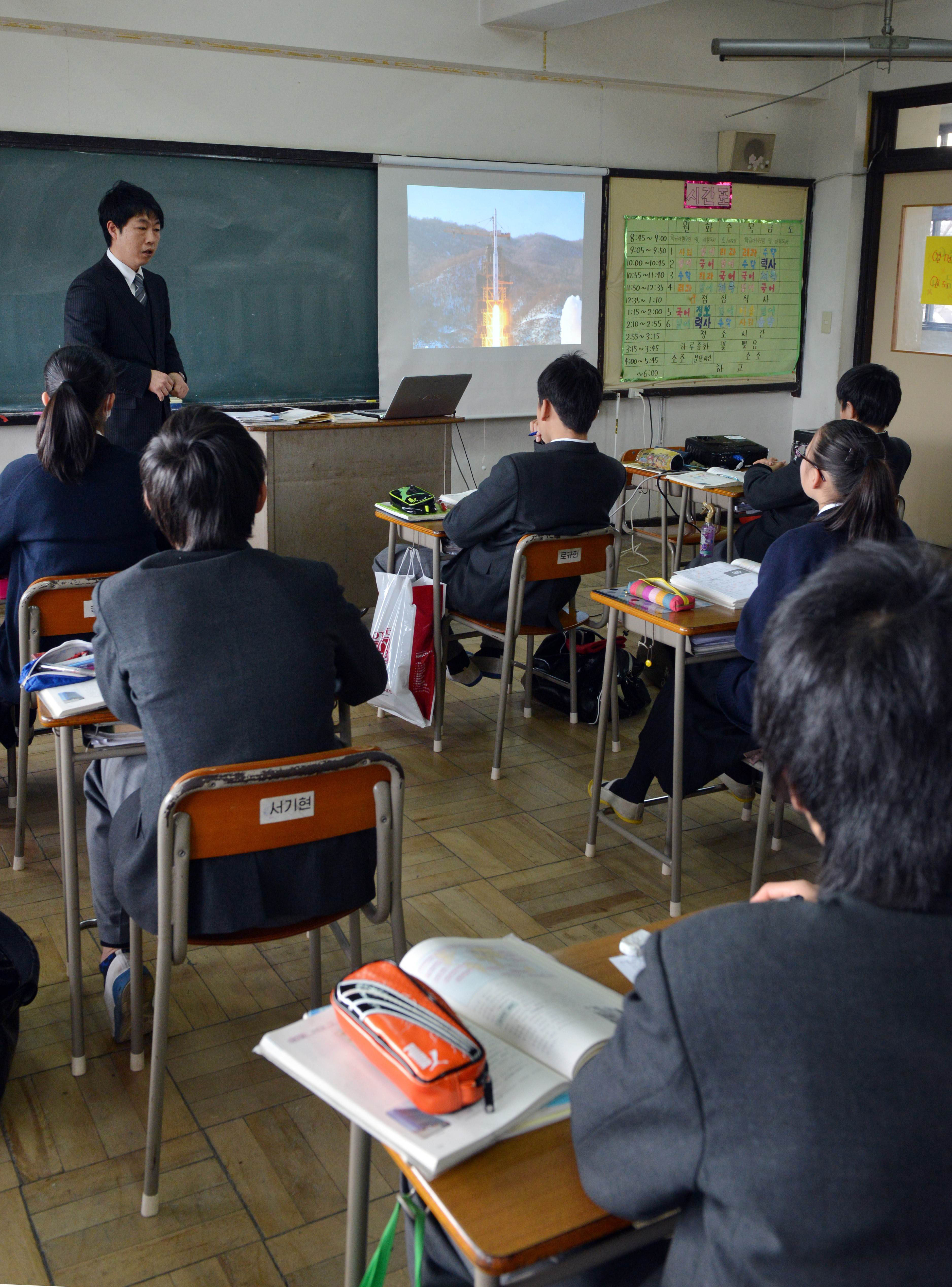Since returning to power late last year, the Liberal Democratic Party has said it will dismantle some of the social programs the Democratic Party of Japan implemented during its short reign.
Education Minister Hakubun Shimomura announced at the end of January that he will introduce a new shogakkin system for high school and university students from low-income families. Shogakkin is usually translated as "scholarship," but students in Japan who receive them have to pay them back. The new system will distribute grants, but its main purpose is to upend the April 2010 DPJ law that made all public high schools tuition-free, since the scholarship scheme is tied to a proposed income-based graduated tuition program. Practically everyone in Japan goes to high school but it is not compulsory, so the LDP doesn't think the government should have to pay for it. Still, the tuition waiver is popular, so if the LDP is going to weaken it the government has to compensate somehow, otherwise it will look as if it is discriminating against a certain class of children for the sake of cutting the budget.
However, the LDP is clearly discriminating against one group of children as part of its economic sanctions against North Korea. Shortly after assuming his post in December, Shimomura announced that the government would not extend the DPJ tuition waiver program to schools affiliated with the General Association of Korean Residents, or Chongryon, the de facto representative of Pyongyang in Japan since Tokyo has no diplomatic relations with North Korea. Actually, the DPJ hadn't approved Chongryon schools for the waiver, either. It was studying their curricula to ascertain if they adhered to the same educational guidelines as Japanese schools do, but after North Korea attacked a South Korean island in November 2010, killing two South Korean soldiers, the DPJ effectively shelved the study, so students of Chongryon high schools still have to pay tuition while those attending other international schools don't. All Shimomura's announcement did was make the exclusion explicit. He said that because of these schools' relationship to Chongryon, it is difficult to convince the Japanese public that their students should qualify for the tuition waiver given that "there has been no progress" in resolving the North Korean abduction issue.



